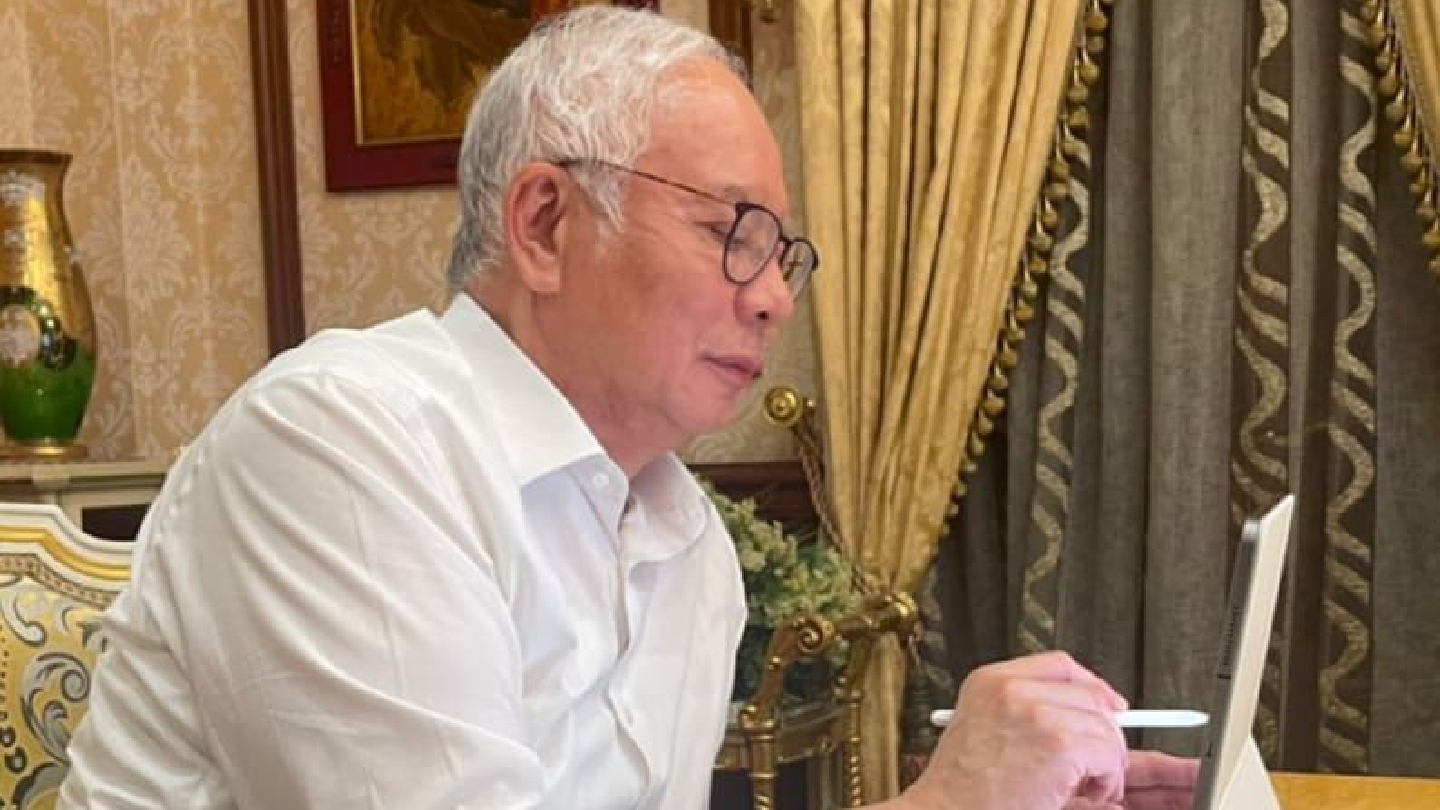Sentence Reduction
Malaysia’s Pardons Board has reduced ex-Prime Minister Najib Razak’s 12-year jail sentence by half and significantly cut his fine. This decision is related to a corruption case involving the theft of billions of dollars from state coffers.
Release Date
With the commuted sentence, Najib is expected to be released by August 23, 2028. There is a possibility of further reduction for good behavior, potentially leading to his release as early as August 2026.
Fine Reduction
The board has reduced Najib’s fine from 210 million ringgit ($44.5 million) to 50 million ringgit.
Political Influence
Despite the conviction, Najib remains influential in his party, the United Malays National Organization (UMNO), which is part of Prime Minister Anwar Ibrahim’s unity government formed after the 2022 general elections.
Pardons Board Decision
The Pardons Board did not provide reasons for commuting Najib’s sentence and waited until Friday to announce the decision, sparking public outcry and calls for the government to justify the move.
King’s Involvement
The decision was made at a meeting chaired by the then-king, Sultan Abdullah Sultan Ahmad Shah, from Najib’s home state of Pahang. The new king assumed office on Wednesday as per Malaysia’s rotating monarchy system.
Impact on Anti-Corruption Campaign
The decision is perceived as detrimental to Prime Minister Anwar Ibrahim’s anti-corruption campaign, especially following the dropping of graft charges against Deputy Prime Minister Ahmad Zahid Hamidi.
Anwar’s Response
Anwar acknowledges Najib’s right to appeal for a royal pardon, emphasizing that the king has the final say. He describes it as a political matter and respects the decision of the then-king.
Ongoing Legal Proceedings
Najib still faces other trials linked to the 1MDB scandal, despite the sentence reduction. His wife, Rosmah Mansor, also faces legal issues related to corruption.
Public Reaction
Many Malaysians are demanding justification for the Pardons Board’s decision, questioning the move given the high-profile nature of the graft case and the significant government spending to address 1MDB’s debts.
Perceived Inequality
Critics argue that the decision reinforces a perception of a two-tier justice system in Malaysia, with one set of rules for ordinary citizens and another for the political elite.
Potential Limited Pushback
Analysts suggest that while there might be some outrage, pushback could be limited, given the potential legal consequences for insulting the king and the cultural context in Malaysia.
Family’s Response
Najib’s daughter expresses appreciation for the board’s gesture but voices disappointment that her father was not granted a full pardon for immediate release.
